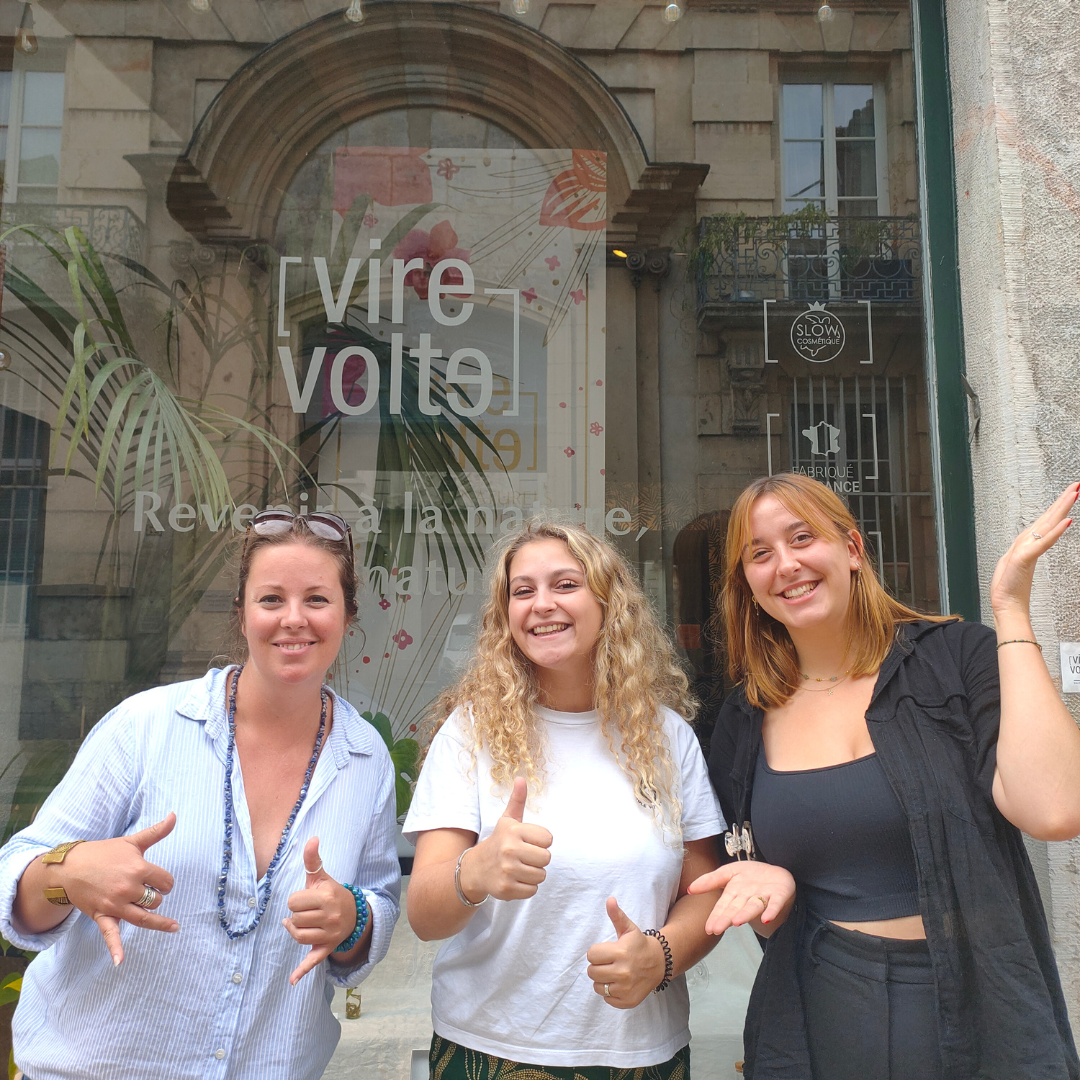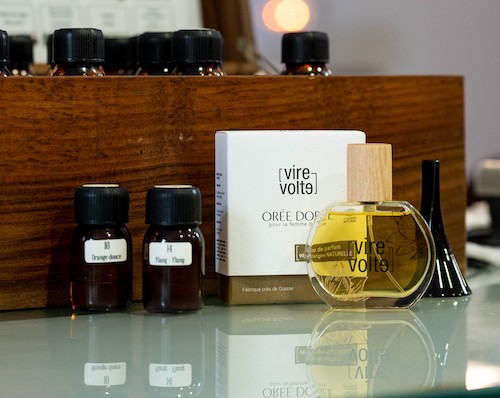
Perfume already existed long before the beginning of our era and continues to intoxicate us. The manufacturing process for this luxurious product has been modernized over time, but the bases and materials used often remain the same. Fruits, flowers and spices make it possible to produce fragrances that are as original as they are delicious. But how do you really make a perfume?
Before creating a perfume, you have to set up a formulation charter, that is to say a specification that lists the criteria, the requirements that you have for the perfume. This includes the list of authorized and banned ingredients (Example: Ok for ingredients of natural origin but not ok for ingredients of synthetic origin, no preservatives, no colorants...) You can also define the desired standards/expectations (Ex: vegan, certifiable Cosmos Natural, Cosmos Organic, hypoallergenic, alcohol-free…)
Also before starting the perfume phase, it is customary to write a brief which will be the common thread for the perfumer. In this brief, it is a question of the targeted olfactory families (do we want a floral perfume, a gourmet perfume, a woody perfume, etc.), the ingredients that we want to bring out specifically (do we want to make a rose perfume, vanilla or orange, etc.), the price granted to the concentrate (x euros per kilo), the target group that you wish to reach (men or women, age groups, cultural specificities that could have an impact on tastes in terms of olfaction …)
To make a perfume, the very first step is to choose and select the ingredients. Some use ingredients of synthetic origin, that is to say molecules derived from petrochemicals. There are 2 kinds of molecules of synthetic origin, those which reproduce the molecules found in nature and others which are a pure invention of man. It is also possible to select raw materials of natural origin which come from flowers, fruits, spices, resins, leaves, wood or even roots.
At Virevolte, we only use raw materials of natural origin to manufacture our perfumes.
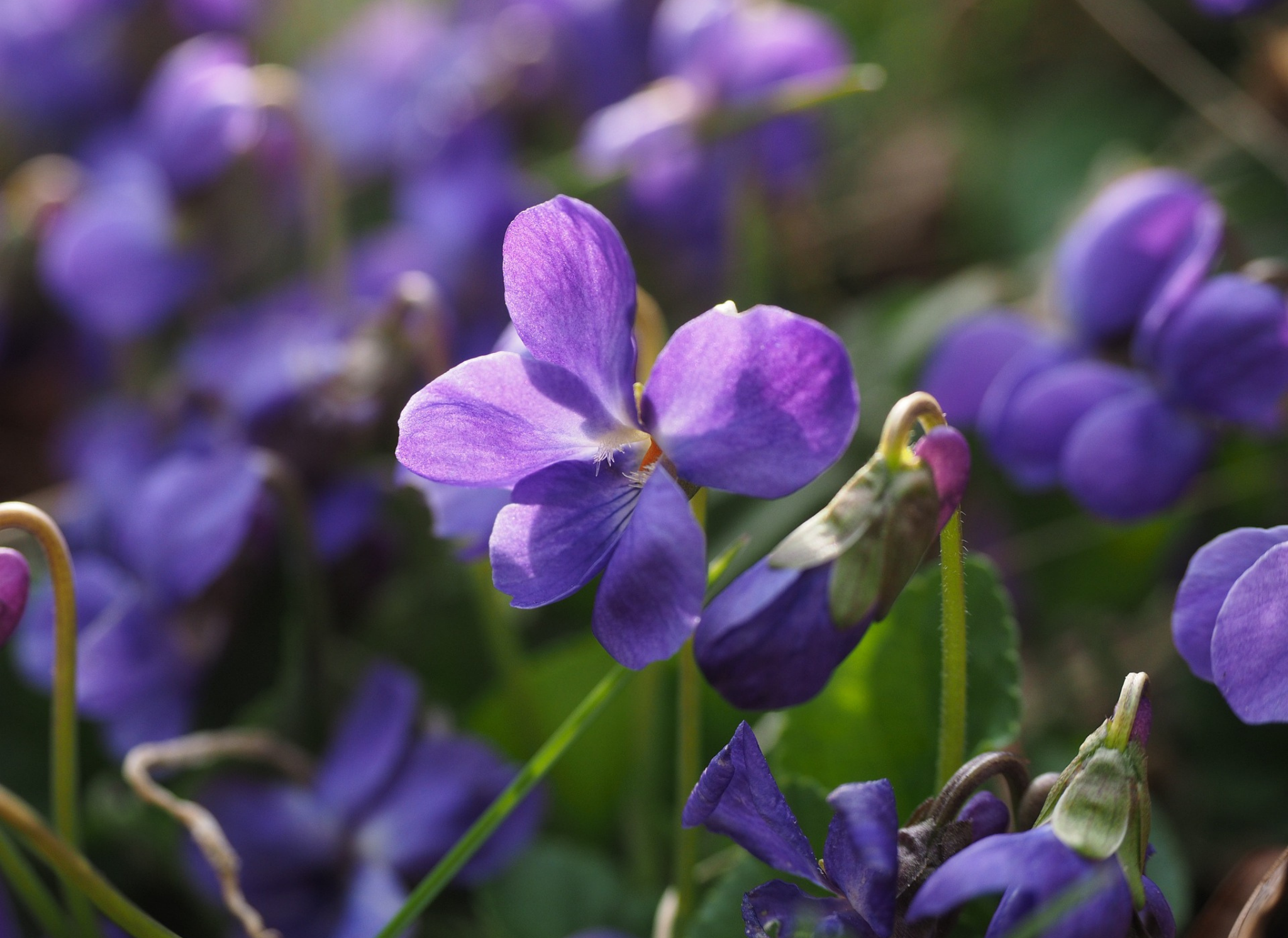
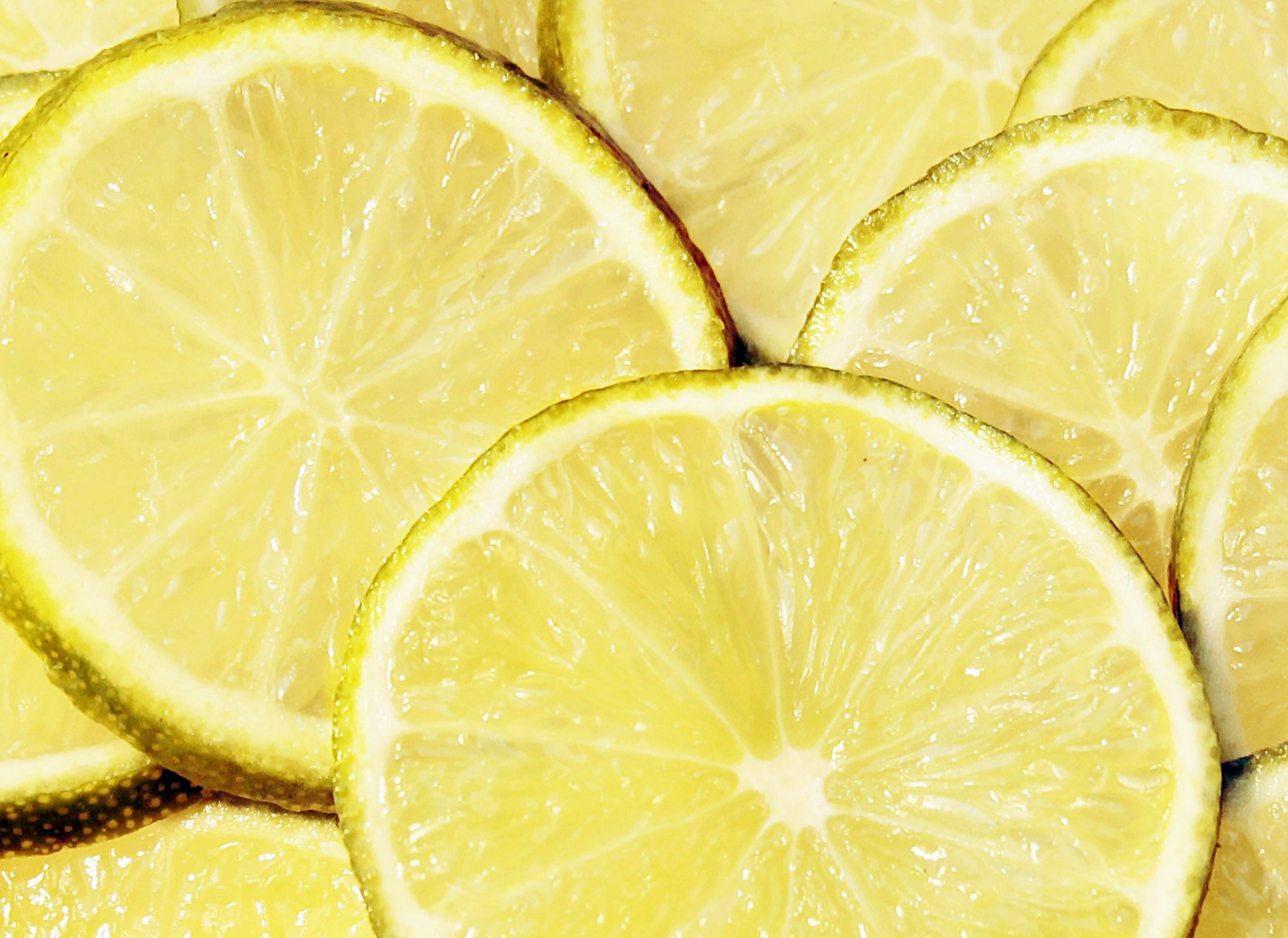
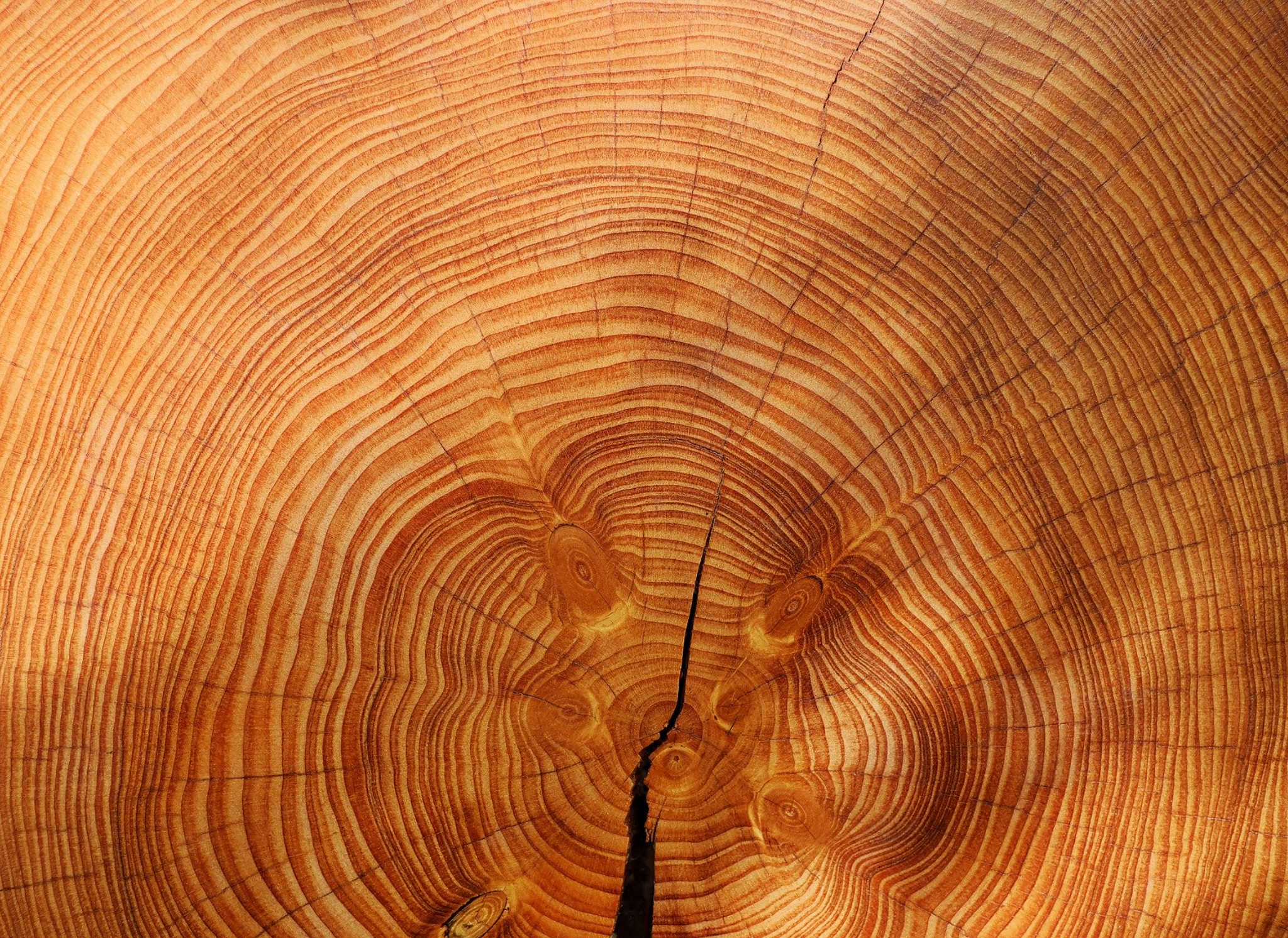
For raw materials of natural origin, several extraction processes exist, such as distillation (done with a still), expression (used for citrus fruits in particular), enfleurage (the historical method for fragile flowers such as rose or jasmine - a technique that is no longer used today), solvent extraction, macerations, infusions, etc.
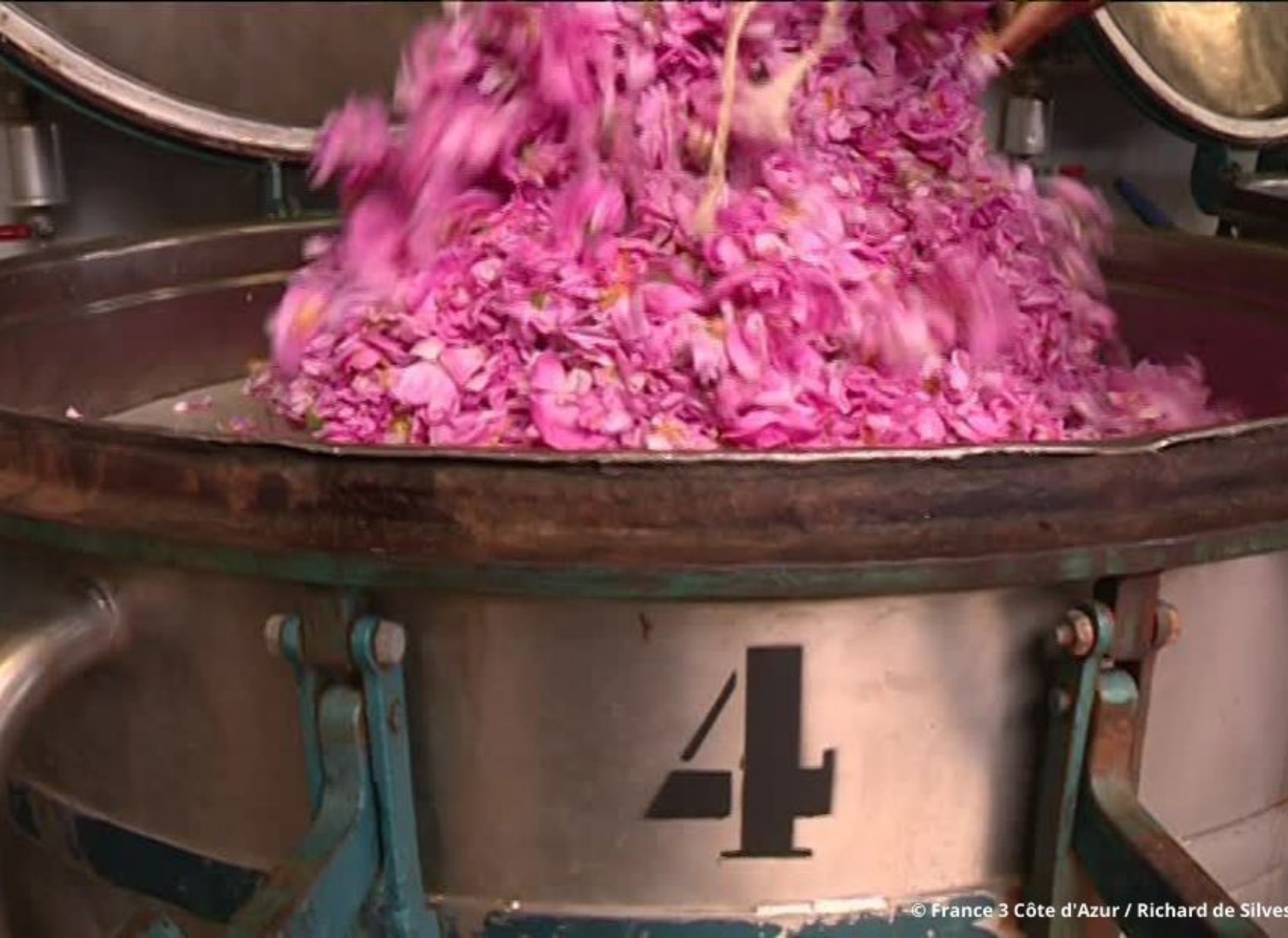
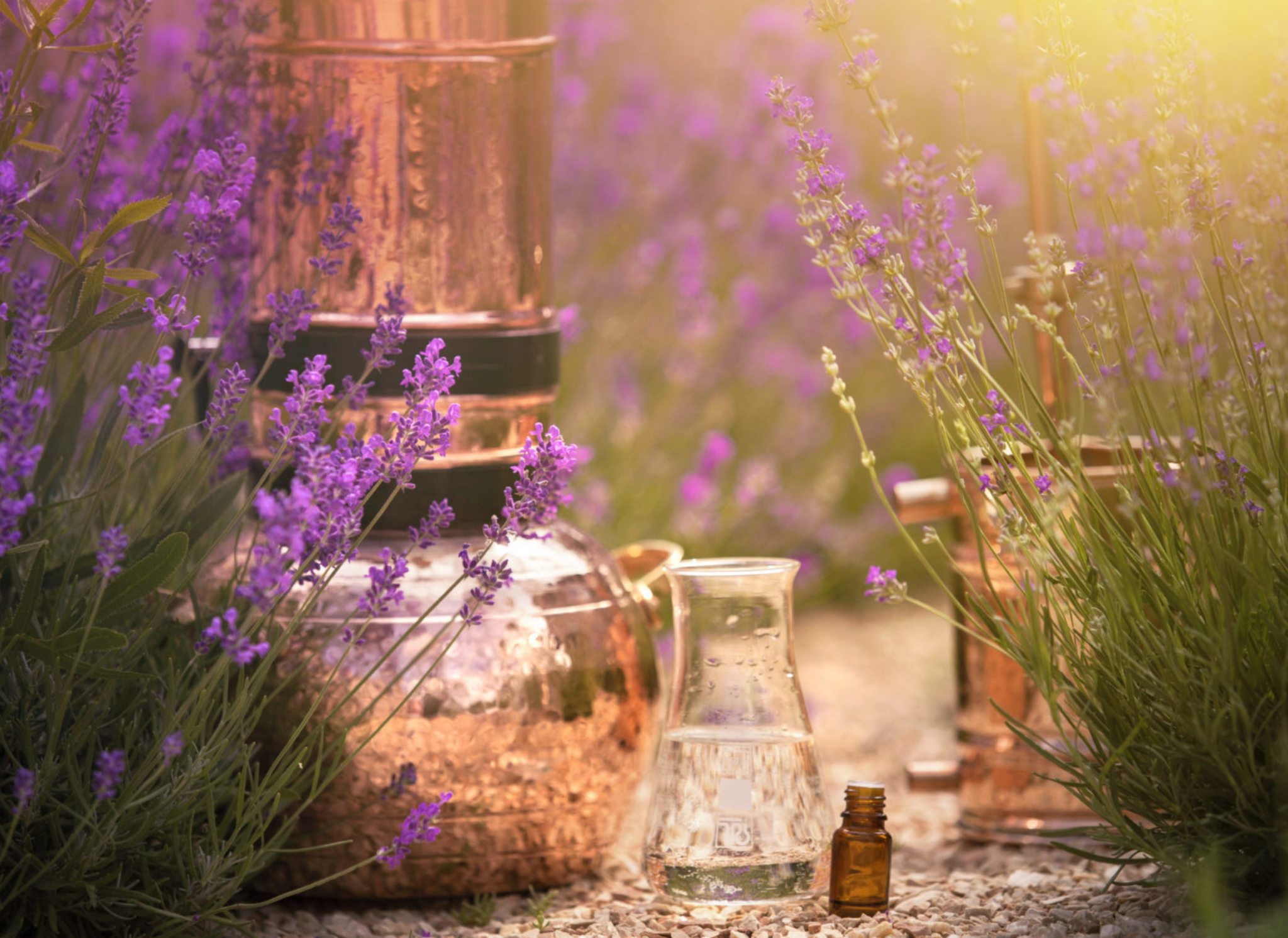
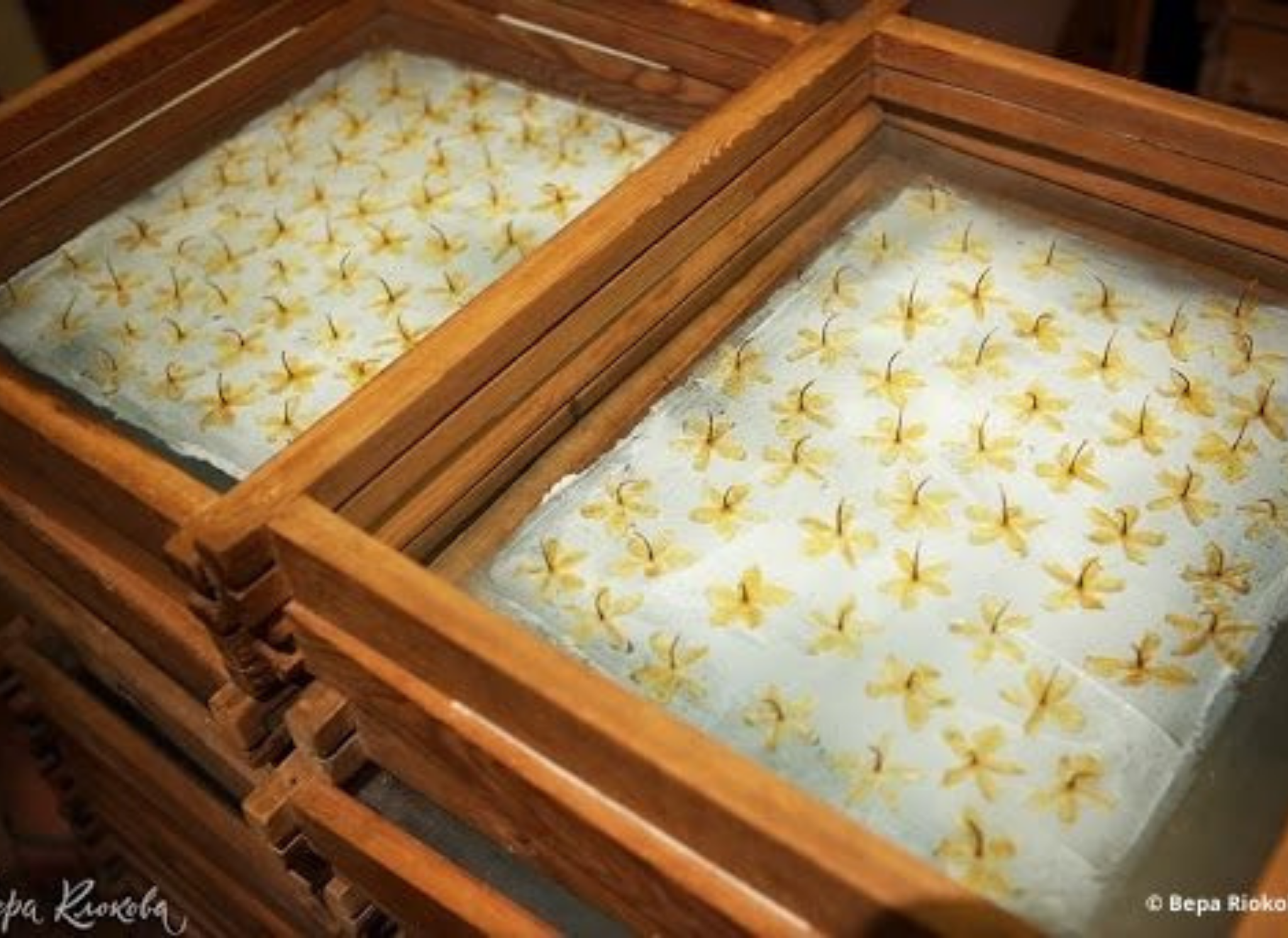
This first step allows you to work on a perfume concentrate which will then be mixed with alcohol and water. Dosages/concentrations may vary depending on the type of perfume (eau de cologne, eau de toilette, eau de parfum, perfumes, etc.)
To create a perfume, the perfumer or nose develops a mixture of several ingredients to compose a unique fragrance with several notes. He tests several formulas to find the ideal recipe and the right dose of each raw material. In reality, it takes a lot of trials and consumer testing to develop a satisfying scent. At this stage, the elements that are tested are the desirability of the perfume and its persistence (its hold over time).
Once the desired smell is obtained, he adds alcohol to the mixture in order to dilute the ingredients and a little water.
The next stage is the maceration, a process of several weeks which allows the alcohol to be impregnated with all the scents of the raw materials. Then it is customary to freeze the mixture (to bring it down in temperature), this action makes it possible to crystallize the impurities which will then be filtered to obtain clear juices. Juice is the term used in perfumery jargon to talk about perfume.
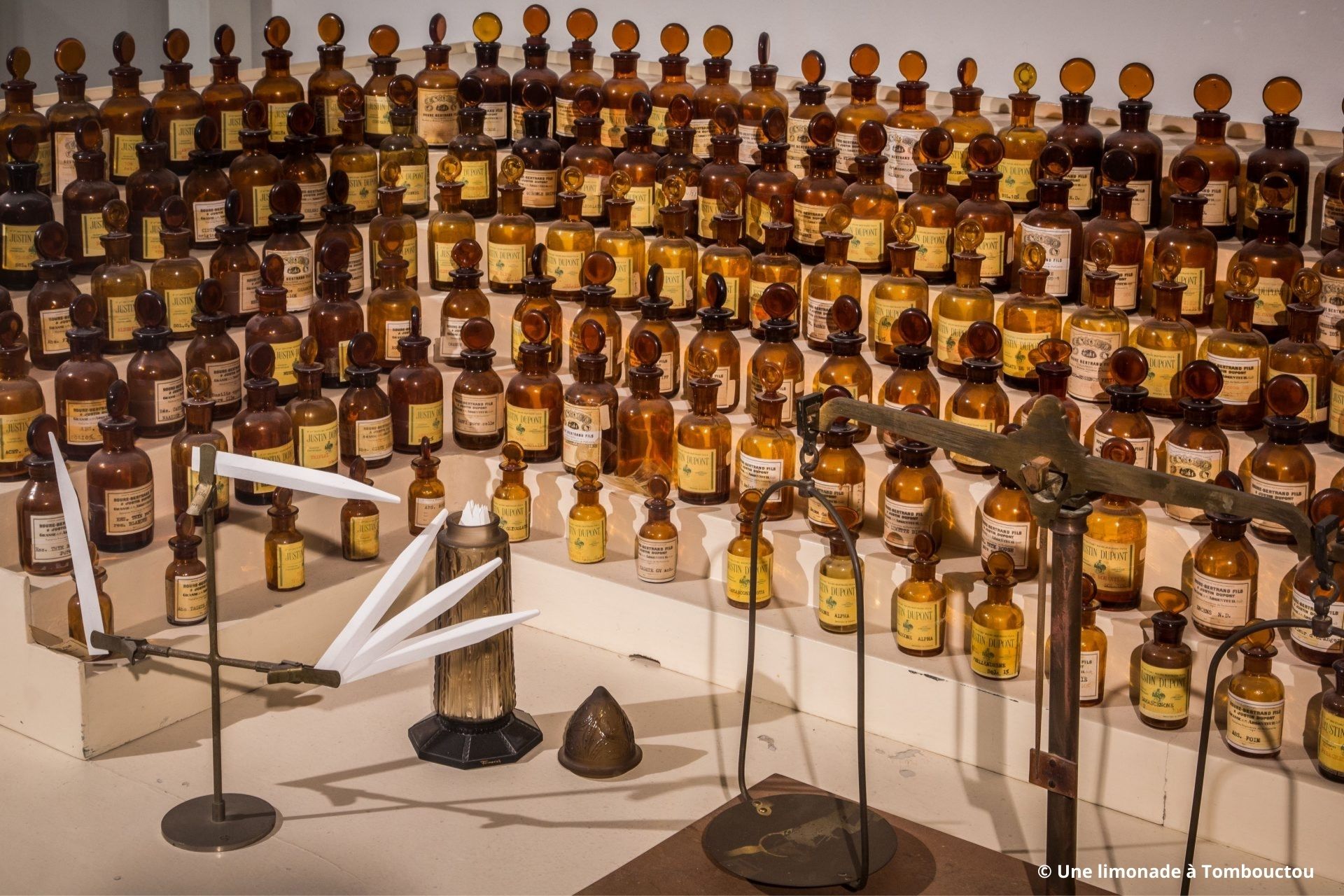
The person who creates a perfume is called a "nose". He is an artist-perfumer, able to convey emotions and concepts through the composition of a fragrance as a musician might do with sounds or a painter with a canvas.
The profession of the nose cannot be improvised, the perfumer trains for many years in order to be able to know the different scents and above all to identify them. A perfumer must memorize thousands of different scents. After generally specialized studies in perfumes and cosmetics, he must train step by step with other noses. Memory but also patience are two essential qualities to be a good nose, as are precision and determination.
The perfumer is able to anticipate the evolution of raw materials and know how to modify them or blend them with other ingredients. He analyzes the fragrance of these products to assess their quality. He gradually adds one scent to another by combining the essences before defining the "dominant". Developing a perfume is a real scientific process, the composition is dosed to the nearest milliliter because a single drop can change everything! If sometimes it is able to improve the juice, it can also completely transform the smell or even destroy it. The nose then tests several combinations until the perfect elixir is obtained.
Developing a perfume is also a real creative process, the perfumer artist composes tailor-made fragrances that reveal emotions and adapt to different trends and customer needs.
The nose does not only work in perfumery (fine fragrance, i.e. skin perfumes), it also creates perfumes for the fields of cosmetics (shower gel, soap, hair, body care, etc.)
We often hear that perfumes of natural origin do not hold, that is to say that their smell does not last. It is a priori, it is all the know-how of the perfumer to know how to balance the top, heart and base notes thanks to his choice of ingredients and their dosage. Whether of natural or synthetic origin, the top notes are small, light molecules that evaporate quickly, while the heart notes and even more so the base notes are large, heavy molecules that cling and diffuse their smell for a long time (this is the case for example of vanilla or tonka bean). The persistence of a perfume is therefore linked to the know-how of the perfumer (balance between light vs. heavy molecules) and not to the origin of the ingredients used (natural or synthetic).
To combine natural formulation and sensoriality with our perfumes, we have chosen to trust our talented perfumer, Cyrill Roland.
Cyrill grew up in the South of France, in the heart of Provence, a land of a thousand scents where each walk is an olfactory discovery. Having become a perfumer, he worked a lot on natural ingredients for which he developed a real passion.
His 20 years of experience have helped him develop a unique collection of scents that have inspired him in his creation of fine fragrances.
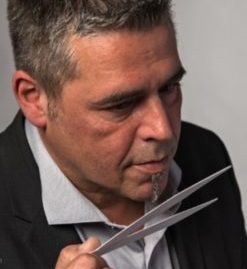

End of the Virevolte adventure
Do not hesitate to consult the list of our resellers if you wish to buy one of our perfumes.
Julie Desoomer
